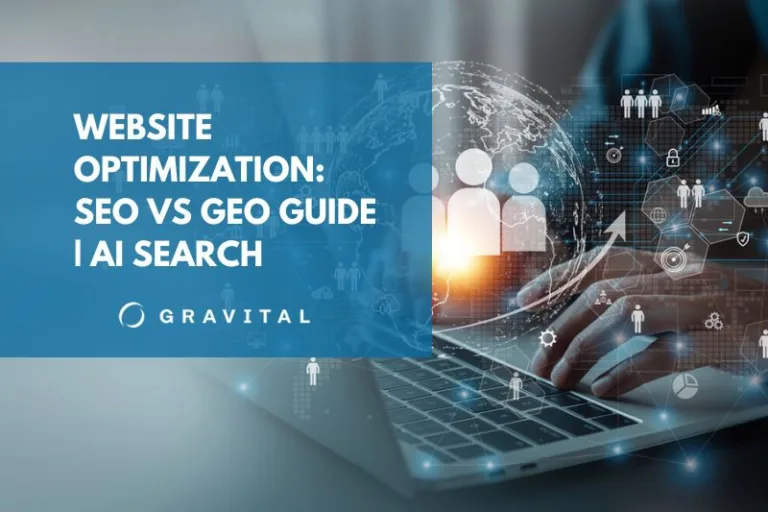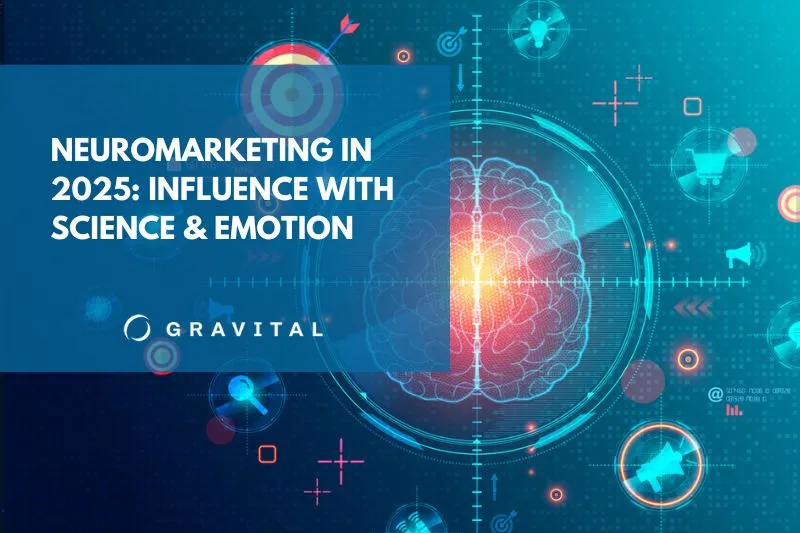The digital marketing landscape has undergone a seismic shift. While traditional search engine optimization (SEO) dominated the conversation for over two decades, a new paradigm is emerging that’s fundamentally changing how businesses approach online visibility. Enter Generative Engine Optimization (GEO) – the strategic response to an AI-powered search ecosystem that’s transforming how people discover, consume, and interact with content online.
The Evolution Beyond Traditional Search
Google still processes billions of searches daily, but the way people seek information is rapidly evolving. Today’s users increasingly turn to AI-powered platforms like ChatGPT, Perplexity, Claude, and Google’s own AI Overviews for immediate, comprehensive answers. This shift it’s a fundamental change in user behavior that demands a strategic response from forward-thinking businesses.
Recent industry research indicates that traditional search volume could decline 25% by 2026, with over 50% of organic search traffic potentially shifting to AI-driven platforms. Meanwhile, 79% of consumers are expected to embrace AI-enhanced search within the next year, and 70% already trust generative AI search results. These statistics aren’t just numbers – they represent a massive opportunity for businesses willing to adapt their digital strategies.
Understanding Generative Engine Optimization (GEO)
GEO represents the strategic optimization of content to achieve visibility and authority within AI-driven search engines and answer engines. Unlike traditional SEO, which focuses on ranking in search result lists, GEO aims to have your expertise directly cited and referenced within AI-generated responses.
When someone asks an AI platform about your area of expertise, GEO ensures you’re not just another link in the results – you become the authoritative source the AI quotes, cites, and recommends. This creates unprecedented opportunities for thought leadership and brand authority in the digital space.
The Strategic Advantages of GEO Implementation
Enhanced Reach and Visibility: GEO extends your content’s reach beyond traditional search engines, capturing audiences across multiple AI platforms where users increasingly begin their information journeys.
Authority and Credibility Building: When AI systems consistently cite your content as authoritative, it reinforces your expertise and builds trust with potential clients who may never have encountered your brand through traditional channels.
Future-Proof Digital Strategy: As AI continues to evolve and integrate into daily life, businesses with established GEO foundations will maintain competitive advantages while others scramble to adapt.
Improved User Experience: GEO-optimized content serves users more effectively by providing clear, comprehensive answers that AI systems can easily understand and relay.
GEO vs. SEO: Complementary Strategies for Maximum Impact
While GEO represents a new frontier, it doesn’t replace traditional SEO, it enhances it. Both strategies share fundamental principles: creating high-quality, relevant content that serves user needs, optimizing for discoverability, and building authority through credible information.
However, key differences distinguish these approaches:
Content Presentation: SEO optimizes for search result rankings, while GEO optimizes for content synthesis and direct citation within AI responses.
User Intent Understanding: Traditional SEO matches keywords to queries, while GEO leverages AI’s advanced capability to interpret nuanced user intent and provide contextually relevant answers.
Authority Signals: SEO builds authority through backlinks and traditional ranking factors, while GEO establishes authority through content quality, expert citations, and structured information that AI systems can easily parse and validate.
Implementing Effective GEO Strategies
- Content Structure and Clarity: Design content with clear hierarchies, descriptive headers, and direct answers to common questions. AI systems favor well-organized information that can be easily extracted and synthesized.
- Authority and Source Integration: Incorporate credible citations, expert quotations, and relevant statistics throughout your content. Research shows that content featuring authoritative sources can achieve 30-40% improvement in AI platform visibility.
- Semantic Optimization: Focus on natural language patterns and conversational queries rather than traditional keyword stuffing. AI systems excel at understanding context and semantic relationships.
- Entity Recognition: Clearly define and contextualize key entities (people, places, concepts, products) within your content to help AI systems understand and accurately represent your expertise.
- Multi-Platform Distribution: Ensure your content reaches platforms where AI systems train and source information, including professional networks, industry forums, and authoritative publications.


Technical Foundations for GEO Success
Successful GEO implementation requires solid technical foundations. Maintain fast loading speeds, mobile optimization, and structured data markup to ensure AI systems can efficiently access and process your content. Implement schema markup to help AI understand your content’s context and relationships.
Regular content freshness signals to AI systems that your information remains current and relevant. Establish consistent update schedules and monitor how AI platforms interpret and cite your evolving content.
The Strategic Integration Approach
The most effective digital marketing strategies in 2026 will seamlessly integrate SEO and GEO approaches. Create content that satisfies traditional search engine requirements while also meeting AI platform standards for clarity, authority, and usefulness.
Develop comprehensive topic clusters that demonstrate expertise across your industry, providing AI systems with extensive, interconnected content that establishes your authority on specific subjects. This approach builds topical authority that benefits both traditional and AI-driven search visibility.
Measuring Success in GEO
Traditional metrics like keyword rankings and organic traffic remain important, but GEO requires additional measurement approaches. Monitor how frequently AI platforms cite your content, track referral traffic from AI-driven searches, and analyze the context in which your expertise appears in AI-generated responses.
Pay attention to brand mention patterns within AI responses and work to influence how AI systems describe your organization and expertise. This brand perception optimization becomes increasingly crucial as AI mediates more customer discovery journeys.
Looking Ahead: The Future of Digital Discovery
The integration of AI into search represents the beginning of a broader transformation in digital discovery. Voice search, visual search, and augmented reality applications will create new opportunities for businesses to connect with audiences through AI-mediated experiences.
The question isn’t whether AI will transform search – it’s whether your business will be ready to thrive in that transformation.
We Can Help
As a forward-thinking digital marketing agency, we have the creativity, expertise and resources to design and execute successful website optimization strategies for organizations in a variety of industries. For more information call us at 787-424-4443, email us at contact@gravitalagency.com or contact us using our online form.


